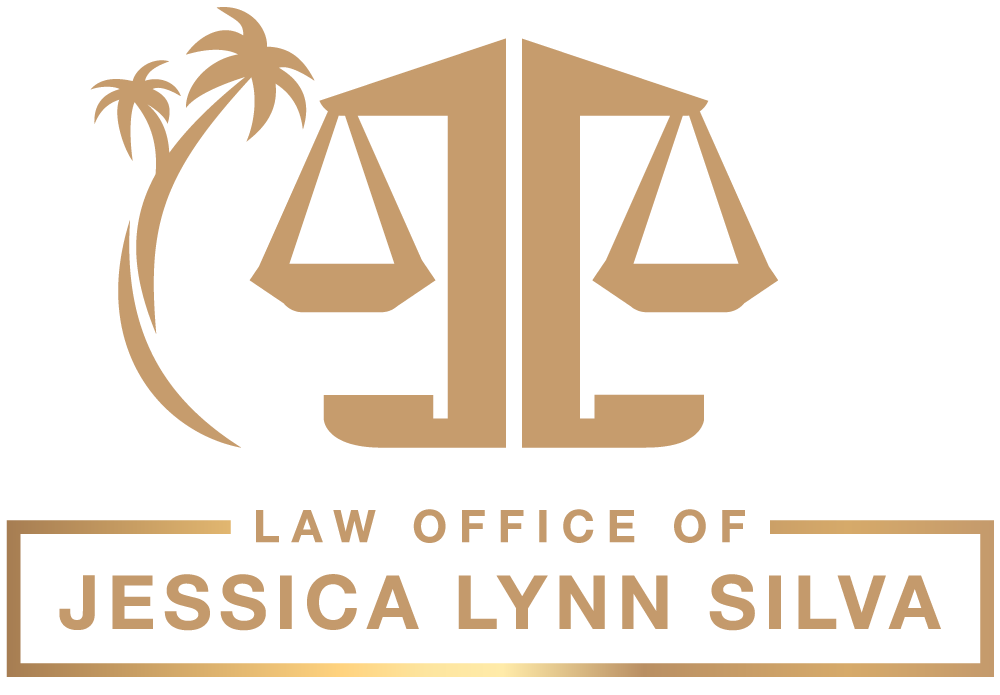Estate Planning
Estate Planning
Estate Planning Basics
- 1. Make a will.
In a Last Will and Testament (Will), you state who you want to inherit your property and name a guardian to care for your minor children should something happen to you and the other parent (or if other parent is unfit). This is your opportunity to share with the Court and others how you want each of your assets distributed.
- 2. Consider a trust.
Holding your property assets in a Revocable Living Trust allows an option to avoid probate court (after your death), a time-consuming and expensive process. A Revocable Living Trust is recommended if you own multiple homes across several states in your name (not an LLC, Corporation, etc).
- 3. Make health care directives.
Writing out your wishes for health care can protect you if you become unable to make medical decisions for yourself. Health care directives include a Living Will and Health Care Surrogate, which gives someone you choose the power to make decisions if you can't (i.e. incapacity).
- 4. Make a financial power of attorney.
With a Durable Power of Attorney, you can give a trusted person authority to handle your finances and property if you become incapacitated and unable to handle your own affairs. The person you name to handle your finances is called your agent or attorney-in-fact (doesn't have to be an attorney).
- 5. Protect your children's property.
You should name an adult to manage any money and property your minor children may inherit. This can be the same person as the personal guardian you name in your will. Testamentary Trust language can be included within your prepared Last Will & Testament.
- 6. File beneficiary forms.
Naming a beneficiary for bank accounts and retirement plans makes the account automatically "payable on death" to your beneficiary and allows the funds to skip the probate process. Likewise, in almost all states, you can register your stocks, bonds, or brokerage accounts to transfer to your beneficiary upon your death.
- 7. Consider life insurance.
Life insurance is a good idea but especially so if you have young children or own a house, or to address any owed significant debts or estate tax when you die (if applicable).
- 8. Understand estate taxes.
For deaths in 2019, the federal government will impose estate tax at your death only if your taxable estate is worth more than $11.4 million. Also, married couples can transfer up to twice the exempt amount tax-free, and all assets left to a spouse (as long as the spouse is a U.S. citizen) or tax-exempt charity are exempt from the tax.
- 9. Cover funeral expenses.
Either have a funeral prepayment plan in place and/or set up a payable-on-death account at your bank and deposit funds into it to pay for your funeral and related expenses.
- 10. Make final arrangements.
If you're the sole owner of a business, you should have a succession plan. If you own a business with others, you should have a buyout agreement. Many times holding a life insurance policy on each business owner is a wise idea.
- 11. Protect your business.
If you're the sole owner of a business, you should have a succession plan. If you own a business with others, you should have a buyout agreement. Many times holding a life insurance policy on each business owner is a wise idea.
- 12. Store your documents in an organized fashion (including a list of bank accounts, assets, and known creditors).
It is recommended that you store your original estate planning documents in a home safe and provide a copy to your named personal representative(s).
Get Started
Reach out to our office via phone, text or email to ask questions and/or start the process. We will begin by providing you with a questionnaire via email to complete and return to our office.
We will get back to you as soon as possible
Please try again later
About Us
Estate Planning, Probate, Mediation and Elder Law. Practical Legal Advice with a Personal Touch.
Contact info
The information contained on this website is provided for informational purposes only and should not be construed as legal advice.
Copyright 2021 Law Office of Jessica Lynn Silva PLLC | All Rights Reserved | Web Design By Get Iconic


